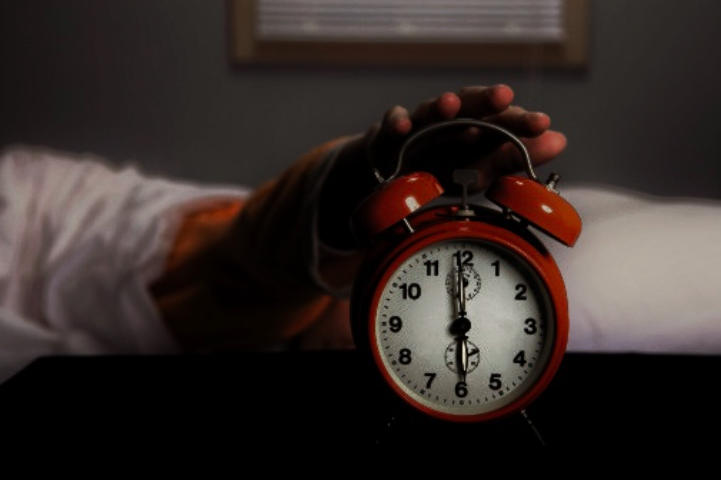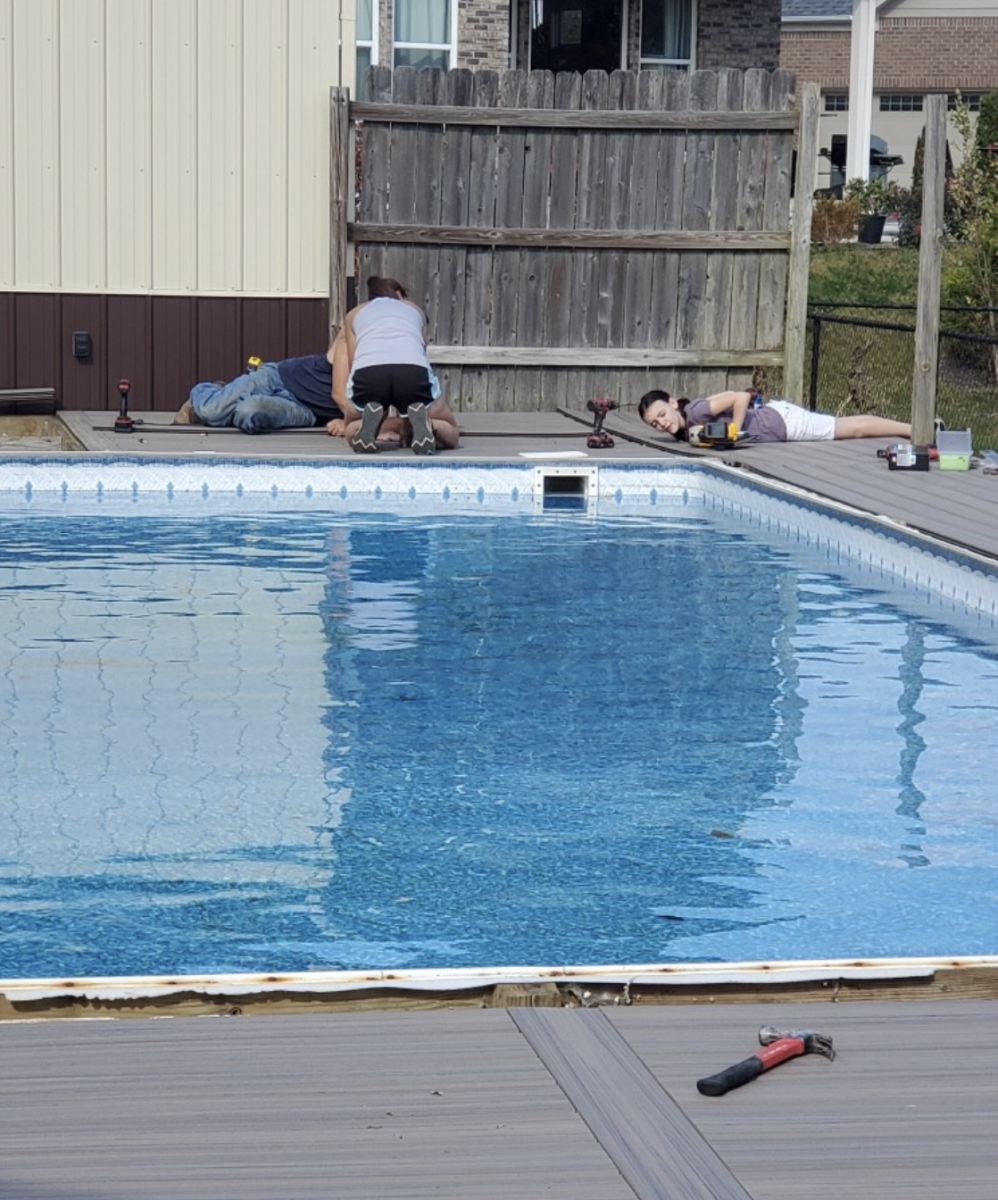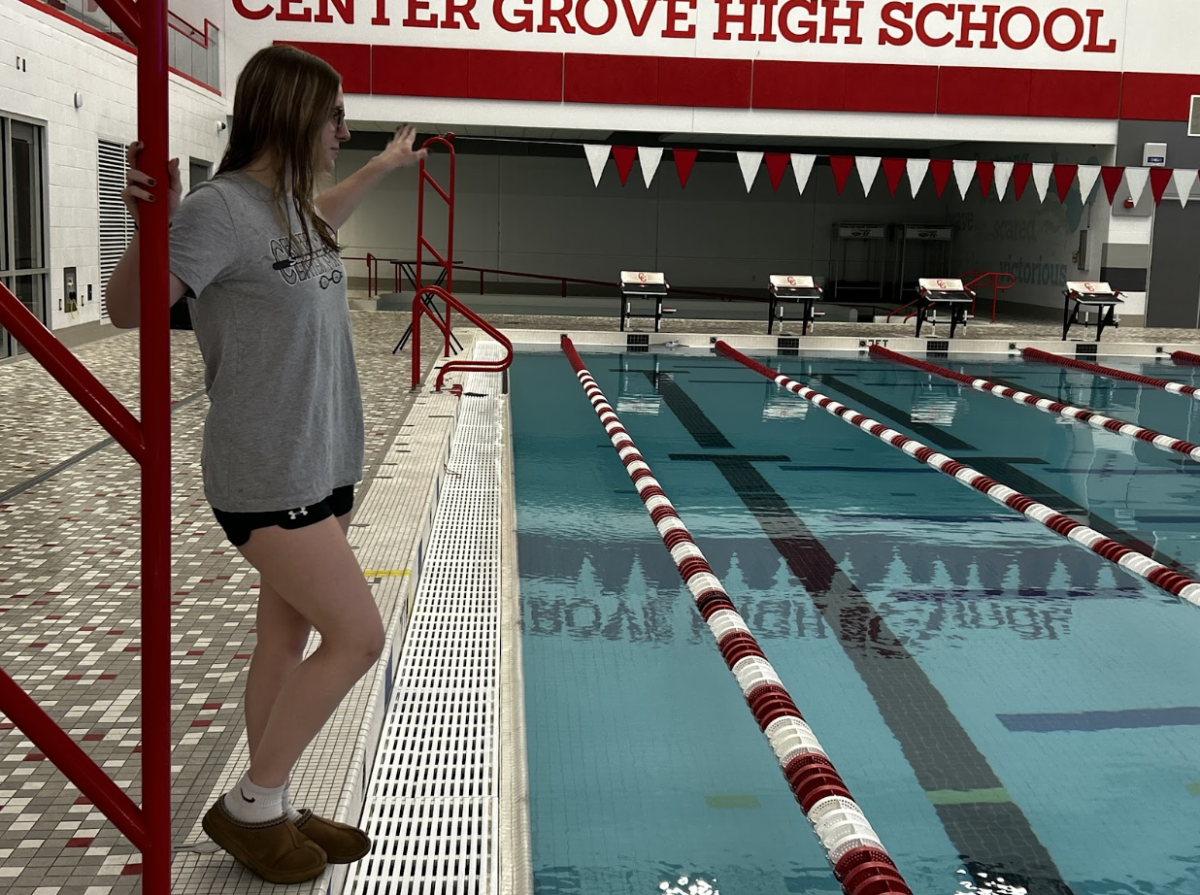Silence fills the room and silver moonlight leaks through the gap in the curtains, casting shadows on the opposite wall. Suddenly a shrill alarm pierces the peace, shattering the calm into fragments. The teenager in the nearby bed groans, hits the snooze button and rolls back over, too tired to bring himself to get up quite yet.
Students know that getting up in the morning can seem like an impossible task that has to be repeated every single day. Teenagers, according to an article published by the Harvard Medical School, have the worst of it. Due to all of the hormone changes going on in the body during the teenage years, the circadian pacemaker (“internal alarm clock”) shifts, which influences the sleeping schedule.
Therefore, teens have a hard time going to bed early and waking up early. Instead, they tend to go to bed late and wake up late. In fact, according to research published in Slate Magazine, it is as difficult for a teenager to wake up at 7 a.m. as it is for a 50-year-old to wake up at 5 a.m.
According to the Center for Disease Control, in order to be healthy for teens school should not start until 8:30 a.m. or later. Starting before this could encourage sleep deprivation which would influence judgment and mood. According to the National Sleep Foundation, this could potentially lead to obesity, car accidents, drug use, alcohol use and poor academic performance.
“If we want to fit in four classes that are one and a half hours long and STaR,” junior Marta Garcia said, “we have to get up earlier.”
Overhearing Garcia, junior Jessica Pina said, “That’s true, but we could just remove STaR. I don’t do anything in there.”
However, if Center Grove High School shifted its start time, many would argue that after-school activities would end later, thus sending students to bed later. However, due to the shifted circadian pacemaker, most teenagers would not be tired until later anyway, according to Harvard Medical School research.
“I go to bed between 11:00 and 11:30,” junior Shelby Hooton said, “so I get about six or seven hours of sleep a night.”
The Center for Disease Control recommended that teens sleep between eight and ten hours per night.
“It makes sense that we should get up later,” junior Grace Kidwell said. “Normally during the summer, I get up at 8:30 or so.”
Many students would rather get home earlier, though, so it is unlikely that Center Grove’s 7:35 a.m. start time will ever change for a multitude of reasons.
One of the main issues of switching to a later starting time would be the kids attending the elementary schools. If the high school switched its time, the elementary schools would have to start earlier due to issues with the buses. However, working parents would have to rearrange their work schedules to pick their elementary students up earlier.
Not only would bus schedules and work schedules have to be reworked, but athletic practices and competitions would have to shift to a later time as well. Along with late practices, games would be much more difficult to organize. This would affect other activities and clubs as well.
It would also not be practical for Center Grove to be the only school that switched, partially because of the C-9 schedule. Switching times would have to take effect in all parts of central Indiana, which would take an excessive amount of planning and rescheduling.
The aforementioned problems cause a hesitant attitude towards the idea of a later starting time. In fact, many students prefer the early starting time because it ensures that they get home in a timely manner.
“All I know is that the earlier I’m home, the happier I am,” junior Greyson Terrell said.
After a long day at school, students like Terrell just want to get home early enough to get their homework done and get to bed. So while there are a multitude of benefits in getting up later and starting school past 8 a.m., many issues would have to be resolved first.








